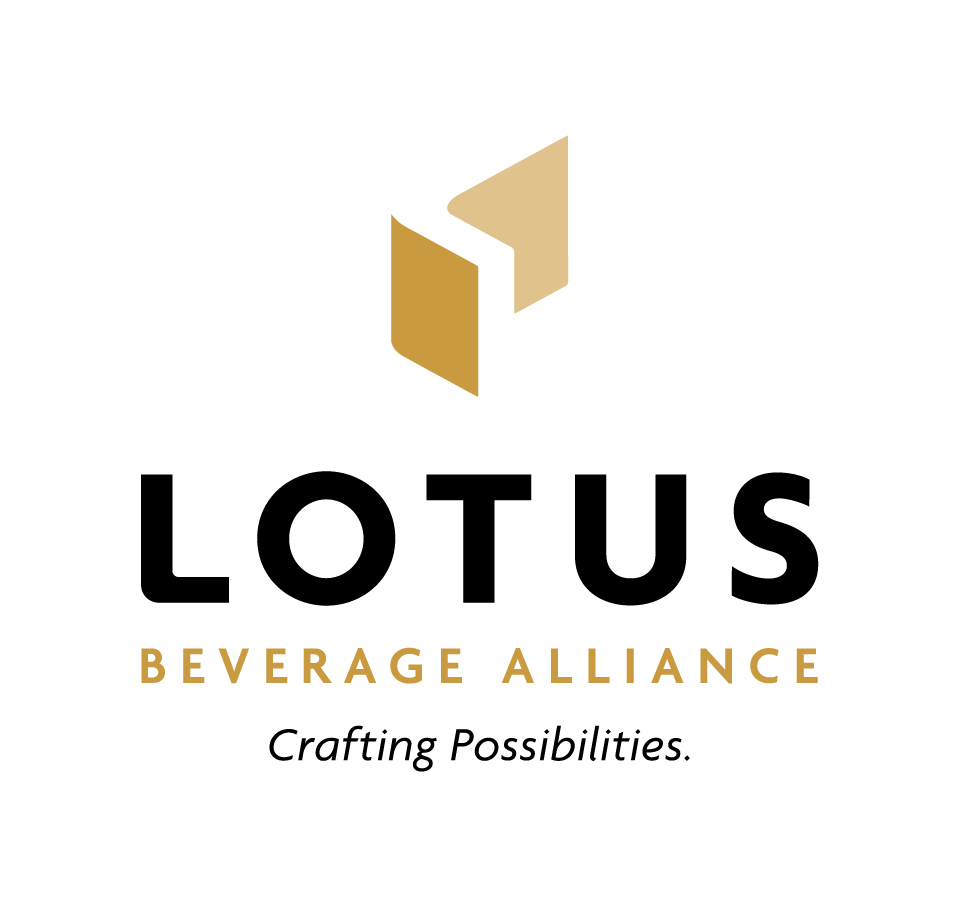The use of genetically modified (GM) yeast in brewing is raising a debate, triggered in part by a California yeast supplier who has indicated that it can remove or add certain genes based upon flavor preference.

Innovation featured expert topic supported by Lotus Beverage Alliance
Lotus Beverage Alliance unites expert manufacturers and suppliers to empower your craft beverage business. We are allied to be the complete resource for equipment, ingredients and parts supply – all backed by exceptional service. Meet our alliance: Alpha Brew Ops, GW Kent, Stout Tanks and Kettles, Brewmation, Twin Monkeys, and Automated Extractions.
The company, Berkeley Yeast, creates genetically-modified yeast for use in brewing by adapting the DNA of yeast strains.
One of the products from Berkley Yeast includes its Tropics yeast, which has been created to provide the taste of passionfruit and guava. According to the company, the yeast is better than adding adjuncts such as artificial flavors and is also more reliable for brewers than requiring a constant supply of certain fruits.
The US has more relaxed regulations on GM foods than many other countries, which constrain GM use in most foods and drinks.
“There might be hesitation or fear from those concerned about the association of GM foods to companies like Monsanto and it could be scary to a lot of people,” Jeremy Marshall, brewmaster at Heineken’s Lagunitas Brewing told The Drinks Business. But they have to realize that the yeast gets filtered out, and nothing genetically modified gets into the final product, just flavor compounds, which are little bags of enzymes.”
But other brewers, particularly in Europe where restrictions on GM foods and drinks are more strict are more inclined to criticize the use of GM yeast in brewing.
More on the story here.